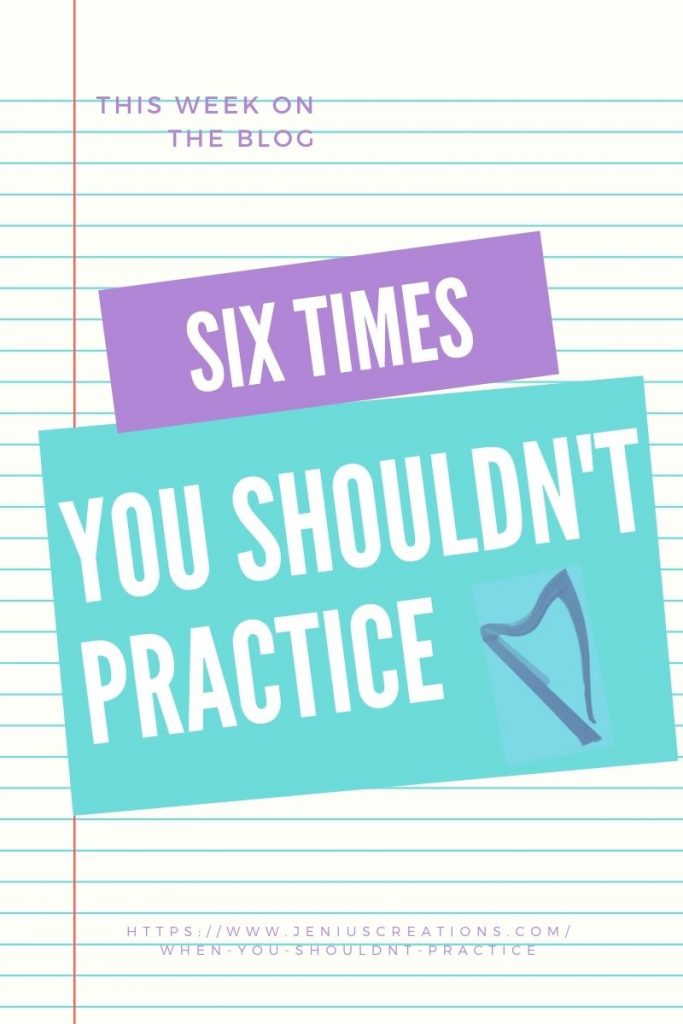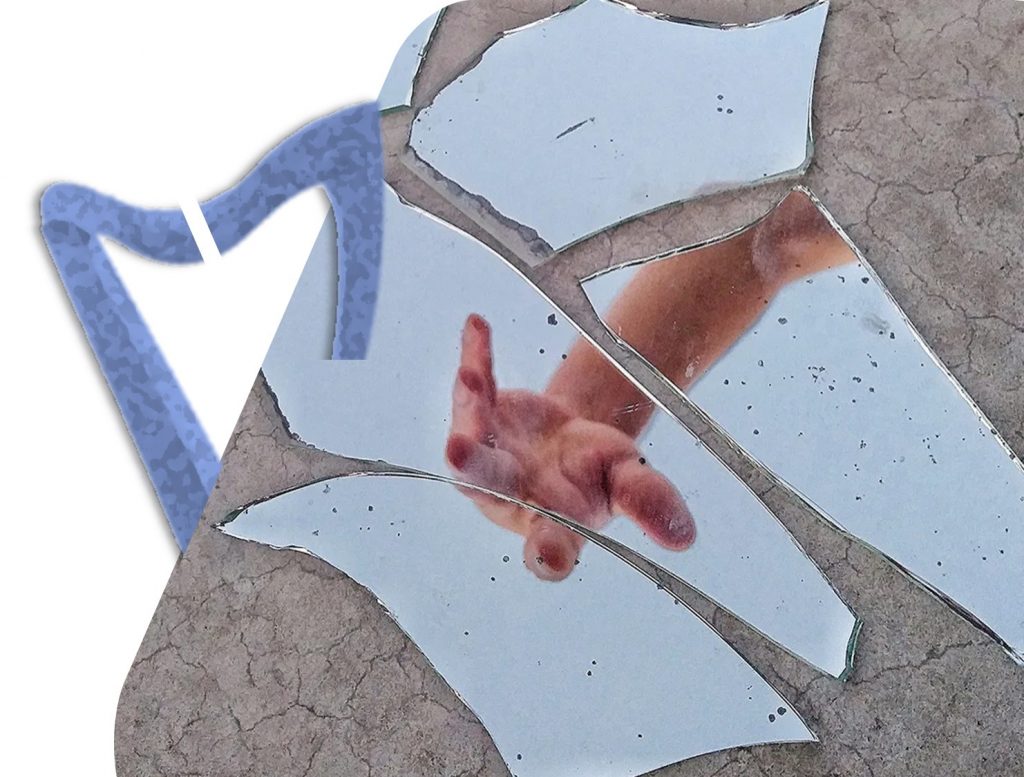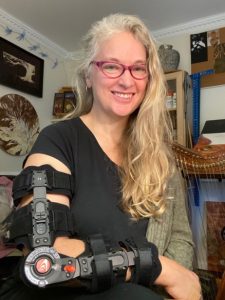So, there’s still a dread disease across the land, there is still very little work for musicians, and we’re all getting tired of sitting in front of our computers creating/consuming/enduring content.
Sigh. What’s a harper to do?
I saw something online this morning (of course, because where else am I gonna go?) that really stuck with me.
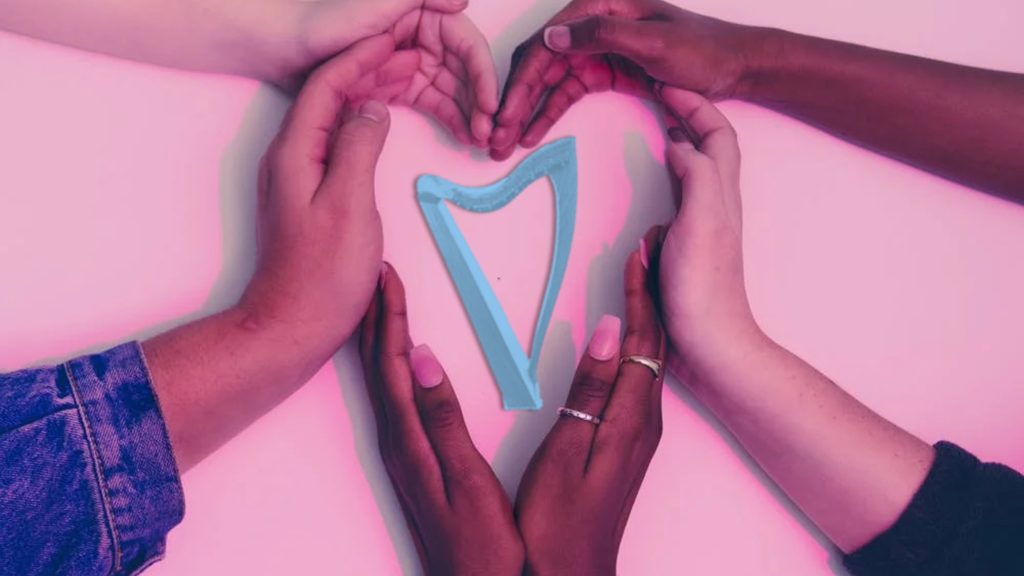 You see, I spent pretty much ALL day yesterday working on something at the intersection of my harp and my computer. It was a struggle to figure out where to start. But I shouldered all my perfectionistic professionalism and got on with it. And after hours slogging through (and I mean h-o-u-r-s), I learned that I had gotten absolutely nothing usable! Then I spent even more hours trying to save what I had, only to recognize that it would be faster (and probably more satisfying and less frustrating) to start over again than to continue to try to salvage it. It was disheartening (and worrisome – I have a deadline!). I felt like I wasn’t going to be able to do this.
You see, I spent pretty much ALL day yesterday working on something at the intersection of my harp and my computer. It was a struggle to figure out where to start. But I shouldered all my perfectionistic professionalism and got on with it. And after hours slogging through (and I mean h-o-u-r-s), I learned that I had gotten absolutely nothing usable! Then I spent even more hours trying to save what I had, only to recognize that it would be faster (and probably more satisfying and less frustrating) to start over again than to continue to try to salvage it. It was disheartening (and worrisome – I have a deadline!). I felt like I wasn’t going to be able to do this.
But the words I saw this morning were spot on. They spoke of continuing on, and staying confident, even when you’re not sure where you’re going.
I hope you feel confidence when you’re playing – especially when you’re struggling with a particular piece or technique. It’s very difficult to keep confidence front of mind when you have had a bad rehearsal or when you make a video of your playing (like I frequently suggest) and see something you didn’t think you would (I’m pointing at you unclosed fingers, dropping elbows, craned necks, and bent wrists!). It would be so easy to become disheartened and to set it aside. But like so many setbacks, there are lessons to be learned – about the music, about your playing, and about yourself!
Don’t let your self-confidence take a hit when you have setbacks or challenges. It is easy to go down the path of loss of confidence – especially with our music. And while you’re being confident, that you’re nice to you as well. But it’s important to remember a few important details:
- Typically our lack of self-confidence has nothing to do with reality. Your perception of your performance is usually far different from your real ability. If you have received kudos in for your playing, those people are not lying! So stop lying to yourself.
- Remember to praise yourself – and mean it.
- You will have challenges. As you work through them, be nice to you! The mental health pros say “practice kindness and compassion” – do that with yourself!
- Finally, realize that you can say no to yourself. You wouldn’t accept unreasonable requests from others, don’t make unreasonable requests of yourself! Of course strive to learn and grow, but don’t ask yourself to do things you don’t want to do are just aren’t ready for!
So, today I’m redoing all the work I did yesterday. Am I feeling less confident? Nope, not anymore (of course I wallowed for a little bit – I AM human!). Today I’m going to use everything I learned yesterday and get it done! Do I know where all this will lead? Nope, I have no clue. while I do all that, I will remember that I am doing the best I can and I will succeed, although it might take me a little longer than I thought.
If you hit a rough patch, I hope you’ll continue on, stay confident, and persevere. You may not know where you’re going…until you get there. Anyone else in this spot? What are you doing? Let me know in the comments!

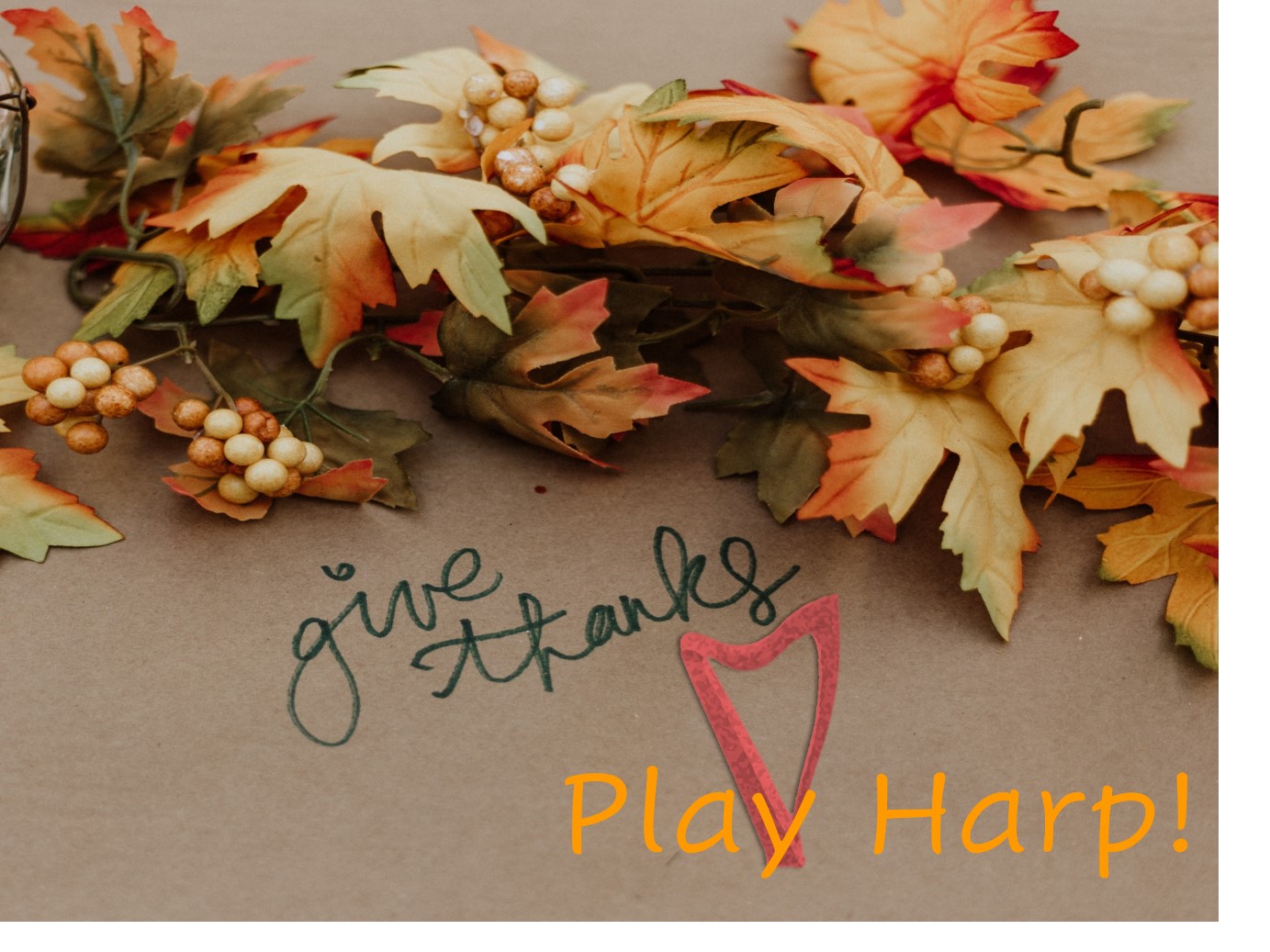 I
I